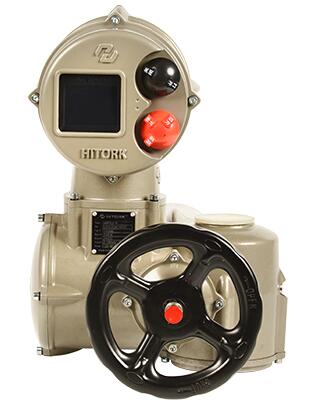Exploring the Versatile Uses of Electronic Actuators
Electronic Actuators, often overshadowed by their mechanical counterparts, are the unsung heroes of modern technology. These compact devices play a pivotal role in various industries, enabling precise control, automation, and movement in a wide range of applications. From robotics to aerospace, healthcare to automotive engineering, electronic actuators have transformed the way we interact with and perceive technology.
Understanding Electronic Actuators
Electronic actuators are devices designed to convert electrical energy into mechanical motion. Unlike traditional mechanical actuators that use motors, gears, and levers, electronic actuators rely on electronic signals to produce precise and controlled movements. They offer advantages such as faster response times, higher accuracy, and greater flexibility in terms of control and integration.
Applications in Robotics and Automation
One of the most prominent uses of electronic actuators is in robotics and automation. These actuators enable robots to perform intricate tasks with precision and dexterity. From robotic arms assembling products on factory lines to drones executing complex maneuvers, electronic actuators are the driving force behind these machines' capabilities.
Precision in Manufacturing and 3D Printing
Electronic actuators have revolutionized manufacturing processes, particularly in the realm of 3D printing. They facilitate the precise movement of print heads and build platforms, resulting in highly detailed and accurate prints. This level of control has transformed industries like prototyping, aerospace, and medical device manufacturing, where precision is paramount.
Aerospace and Defense Innovations
In aerospace and defense, electronic actuators are used in a multitude of applications. They control aircraft flaps, rudders, and landing gear, ensuring safe takeoffs and landings. In missile systems, electronic actuators guide and stabilize the trajectory of projectiles. These applications highlight how electronic actuators contribute to the safety and performance of critical systems.
Healthcare and Medical Advancements
Electronic actuators have also made significant strides in the healthcare sector. Surgical robots equipped with precise electronic actuators enable minimally invasive procedures with greater accuracy and reduced patient trauma. Prosthetic limbs with electronic actuators offer enhanced mobility and functionality, improving the quality of life for amputees.
Automotive Industry's Technological Leap
In the automotive industry, electronic actuators have transformed vehicles from mechanical marvels to sophisticated machines. They control various functions, including throttle bodies, fuel injectors, power windows, and even autonomous driving features. Electronic actuators play a crucial role in enhancing fuel efficiency, safety, and driver experience.
Conclusion
Electronic actuators may not always be in the spotlight, but their impact is undeniable across a plethora of industries. From enabling precise movements in robotics and automation to revolutionizing manufacturing processes and advancing healthcare technologies, electronic actuators are the invisible force driving innovation. As technology continues to evolve, electronic actuators will likely find even more innovative applications, further shaping the way we interact with and benefit from modern advancements.
So, the next time you witness a robotic arm assembling intricate components, marvel at a 3D printer creating intricate structures or experience the smooth operation of your vehicle's features, remember that electronic actuators are working tirelessly behind the scenes to bring these experiences to life. Their ability to seamlessly convert electrical signals into mechanical motion has truly redefined the possibilities of modern engineering. We are an electronic actuator supplier. If you are interested in our products, please contact us now!
201
0
0



Comments
All Comments (0)